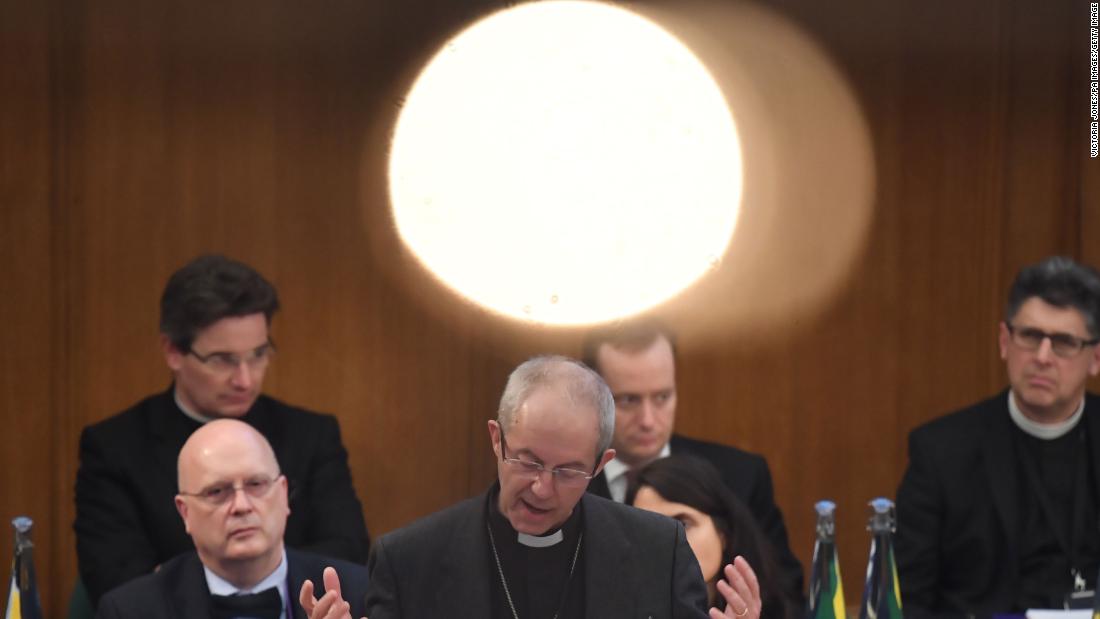The Church of England is seeking to atone for looking the other way when certain ills were committed by the Church.
At its General Synod, members voted to apologize for the Church’s past actions and to “stamp out all forms of conscious or unconscious racism.”
Archbishop of Canterbury Justin Welby said that he was “ashamed” of the church’s history of racism, noting the church is “still deeply institutionally racist.”
The Church apologized for “conscious and unconscious racism experienced by countless Black, Asian and minority ethnic” people over the past seven decades.
While the U.K. government appealed to citizens of the British commonwealth to move to Britain and help rebuild the country after the Second World War, migrants who answer the call and had a link to the Caribbean known as “Windrush Generation” soon found that they were treated differently with impediments put in their way regarding housing, accessing education, healthcare, employment and worship.
The Church also published a statement referring specifically to the ways it benefited from the arrival of people with African heritage in 1940s, 50s and 60s yet discriminated against them.

The church’s statement acknowledged “shocking racism in parish churches, as well as in wider society.”
The scorn poured on melanated people was so much that some were denied entry to the Church for Sunday worship.
The British government it also emerged had wrongly deported or detained at least 164 members of the Windrush Generation due to a change in immigration law in 1973 allowing people who had at that time settled in the U.K. enjoy indefinite leave to remain yet they were not given documents to prove it.
Four decades later, many were denied immigration status and removed from the country because of that oversight, under policies enacted by the U.K.’s Conservative government. Those affected told The Guardian they felt like they had been betrayed and as if they “didn’t exist.”
The blunder affected thousands of people and in April 2018, Prime Minister Theresa May apologized to Caribbean leaders over the controversy with government committing to pay up to £200 million ($259 million) in compensation to those affected by the scandal.










